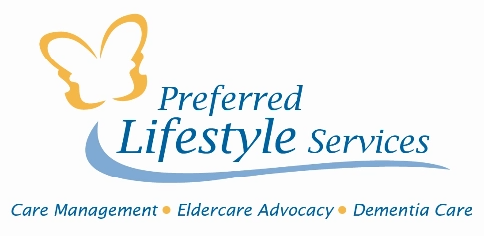What to Expect
Alzheimer's: What to Expect as the Disease Progresses
The course of Alzheimer’s disease can vary significantly with each individual. However, some changes are more typical and so you can reasonably expect to experience them. For example, the behavioral changes that usually dominate Stage I are joined with overriding physical problems in Stage III. Educating yourself to the flow of Alzheimer’s can help you communicate better with your loved one, your family and friends, and your loved one’s physician.
AD systematically destroys your loved one’s ability to use and rely on the critical skills and cognitive functions we develop from infancy through adulthood and take for granted, such as memory, orientation to time and place, judgment that allows us to discern right from wrong or safe from harmful, and problem solving. Your loved one will lose the instincts and memories that are needed to function safely and appropriately in all areas of living: driving, self-medicating, eating, writing, reading, cooking, interacting socially, cleaning, playing sports, grooming, and making financial or legal transactions. The list is endless. The loss is all encompassing.
What to Expect in the Three Stages of Alzheimer’s Disease
Use the box to the left of each symptom to check those that apply to your parent. Check all that apply, even if you cross over to another stage. Feel free to check off symptoms in more than one Stage. This information can help you create plans to keep your own mental, physical, and financial future intact. Taking this list to your loved one’s physician will provide her with an insider’s clear written account of your loved one’s behavior and abilities. The physician will be more able to prescribe appropriate lifestyle and medication changes that may help improve the entire family’s quality of life.

